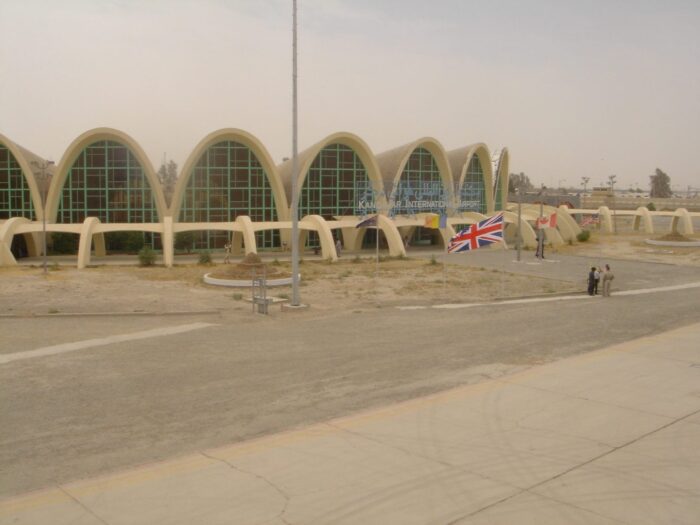Security from Experience V: Sicko Pijpker (ICCO)
Sicko is currently security advisor for ICCO Cooperation and has years of experience as a security advisor and in the field. He started as a hydrogeologist in developing countries, and moved later to conflict- and post-conflict countries as water specialist and project manager, including Darfur, Sierra Leone, Rwanda and the Balkans.
Once back in the Netherlands, he soon started to use his experiences in the field to develop and improve ICCO’s security policies. It turned out that his insights and motivation to improve the security policies was much appreciated and soon after it became his fulltime job.
He co-founded the Dutch Security Network (DSN), and was the chairman for more than six years; he initiated the ACT security advisory group, nowadays called SSCP (Safety & Security Community of Practice), chairing it since a year, and he is active in the European Interagency Security Forum (EISF) since its birth.
The interview will specifically focus on the importance of security culture and the duty of care and on how security policy relates to a world that is becoming increasingly unsafe.
Security Culture
On the question what the most important element of NGO security policy is, Sicko answers that security culture is crucial. People are not always aware of the risks involved in working in developing countries or conflict areas. This is why Sicko is always looking for ways to improve this awareness by starting the discussion and providing trainings. Initially, awareness raising was focused on employees sent abroad, but since the organisation decentralised it became clear that security awareness amongst local employees is just as important.
Sicko indicates that the most underestimated risk is car accidents. Seat belts and not driving too fast are ways to reduce that risk. In order to create awareness, Sicko shows photos of accidents in his trainings, but sometimes it seems that people need to experience such an incident first before realising its importance.
Sicko believes that the security plans are not always read by all employees, and that makes training particularly important. Moreover, security needs to be institutionalised in local offices, for instance by putting it by default on the agenda of staff meetings.
Duty of Care
Sicko underlines the fact that all organisations have a duty of care towards their employees. A supportive management board makes a huge difference. Compared to for instance the United Kingdom, duty of care is not as much grounded in laws. However, Sicko believes that the core of duty of care should be taking responsibility more than anything else.
Sicko indicates that the increased sense of responsibility is partly because it is also in the interest of the organisation to make sure nothing happens to their employees. This means that organisations will have to invest in security, and in Sicko’s opinion that is an investment worth making.
A Changing World
Sicko observes that security worldwide has gone down. Many large and medium sized organisations are very well aware of this and are adjusting their policies to deal with this. However, there is also an increasing number of smaller organisations active in developing countries. It is unclear whether they are aware of the risks involved. Sicko observes that people sometimes feel that aid through large organisations is not effective, but he does believe that for instance security is much more guaranteed in larger organisations.
Sicko also observes a trend that because of all the budget cuts, local offices are becoming smaller and organisations work more often with flexible short-term contracts. There are risks involved in that. If someone gets a contract for three months, is it worth investing in a security training? The cost-benefit analysis is different in that situation, but employees are exposed to the same risks, regardless of the length of their stay. The question is, where is the threshold? The Duty of Care principle remains!
Sicko identifies other challenges too: because of the budget cuts in the development sector, it will be increasingly difficult to keep security management and training at the right level. At the same time, the number of incidents increases and the acceptance strategy (being accepted and appreciated by beneficiary communities and authorities provides safety and security) that most NGOs use is challenged increasingly.
Even medical care is becoming a political issue when warring parties destroy hospitals that are used by one or the other party or tribe. International laws aimed at protecting aid workers, are essential, but enforcement is lacking. It is time for the international community to take a harder stance on violations of international law. In the meantime, it is up to people like Sicko to keep their people as safe as possible.
